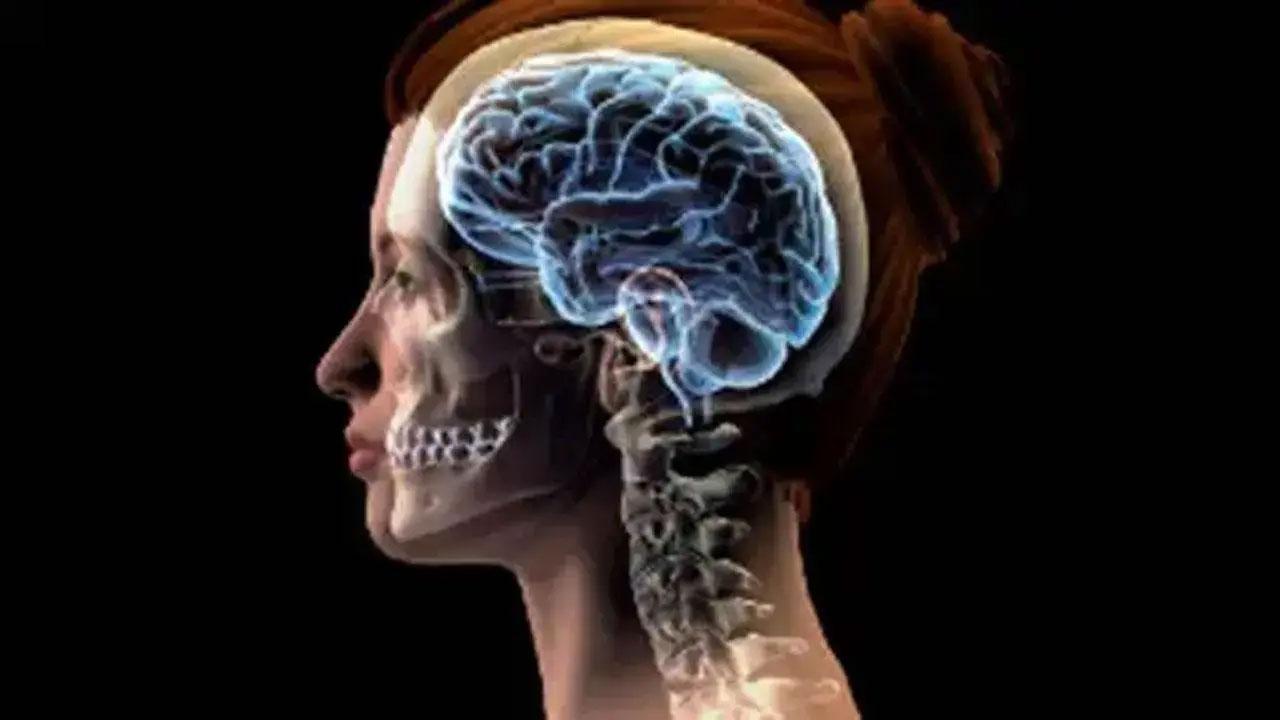Alzheimer’s is the most common cause of dementia. It has a variety of complex causes, including the build-up of proteins called amyloid and tau in the brain that hinder brain function

Image for representational purposes only. Photo Courtesy: iStock
A team of scientists in the UK has claimed to have found the reason behind brain cell death which leads to Alzheimer’s, offering hope for a future new line of drugs which could cure the disease. Alzheimer’s is the most common cause of dementia (decline of brain function, memory and thinking skills).
It has a variety of complex causes, including the build-up of proteins called amyloid and tau in the brain (substances which create small structures called plaques and tangles), hindering brain function. There is also a loss of neurons - or brain cells - resulting in a breakdown of neural networks resulting in memory loss.
Previously, scientists have never understood how those two processes are connected and therefore how to prevent neuron loss. Scientists working at University College London and KU Leuven in Belgium found that buildup of abnormal protein is connected to ‘necroptosis’, a similar type of cellular suicide usually used by our body to get rid of unwanted cells.
The buildup of amyloid plaques between neurons and the formation of tangles of tau form, a molecule called MEG3 is produced by the brain cells resulting in cellular suicide. While conducting the research, scientist transplanted the human brain cells into genetically modified mice, which produced lots of amyloid and by blocking the production of MEG3, scientists were able to prevent cellular suicide.
"This discovery is important because it points to new mechanisms of cell death in Alzheimer's disease that we didn't previously understand and could pave the way for new treatments to slow, or even stop disease progression in the future," said Dr Susan Kohlhaas from Alzheimer's Research UK.
“The breakthrough shows “how and why neurons die in Alzheimer’s disease” after years of debate in the scientific community. “provides really strong evidence” of a “specific suicide pathway”, and believes it could lead to a “whole new line of drugs development,” added professor Bart De Strooper, a member of the research team.
This story has been sourced from a third party syndicated feed, agencies. Mid-day accepts no responsibility or liability for its dependability, trustworthiness, reliability and data of the text. Mid-day management/mid-day.com reserves the sole right to alter, delete or remove (without notice) the content in its absolute discretion for any reason whatsoever
 Subscribe today by clicking the link and stay updated with the latest news!" Click here!
Subscribe today by clicking the link and stay updated with the latest news!" Click here!








